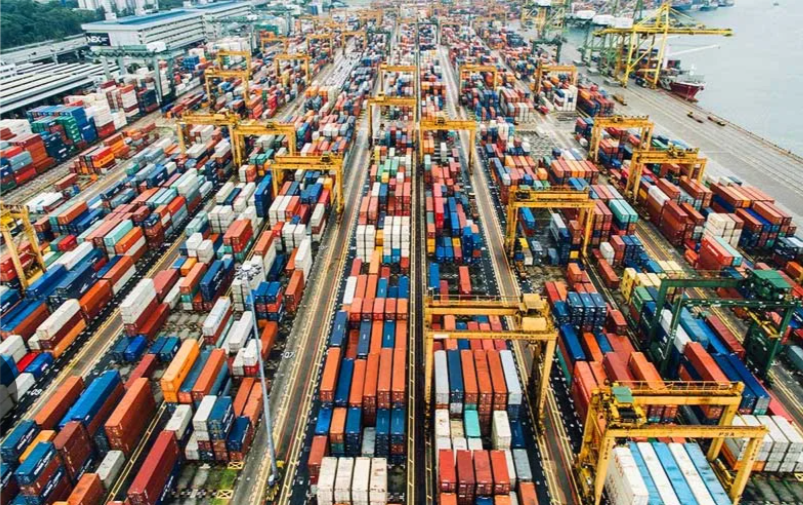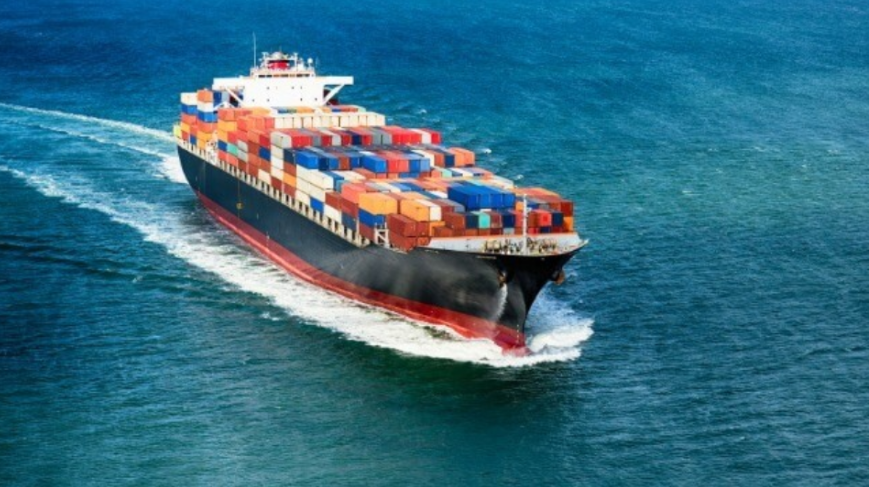On October 19, 2023, the Iranian-backed Houthi Movement launched missiles and drones towards Israel. This was followed by the Houthis seizing cargo ships in the Red Sea from November onwards. They claimed that any ship linked to Israel would be a target of their attacks.
In response, the U.S. and the U.K. carried out strikes on Houthi targets in Yemen during January 12, January 16, February 19, and February 24. According to CNN, some of the strikes included an underground weapons storage facility, Houthi missiles, and radars. U.S. President Joe Biden said he would “not hesitate to direct further measures to protect our people and the free flow of international commerce as necessary.” British Prime Minister Rishi Sunak justified their attacks on the Houthis by saying “attempting to counter every Houthi attack after it has been launched is simply not sustainable.”
A Human Geography Teacher stated “The attacks have repercussions for both the U.S. and the Houthis. The U.S. is leading airstrikes in the region and the Houthis have shown that they are capable of withstanding these attacks with guerilla-warfare tactics. The U.S. is spending roughly millions of dollars on each drone to conduct an airstrike.” According to Politico, one single missile costs around 2 – 4 million dollars, while one Houthi drone costs around 2,000 dollars.
Despite these measures, the Houthi Movement continues to carry out attacks, prompting the U.S. Navy to increase its presence in the Red Sea with Operation Prosperity Guardian being made alongside the U.K, Bahrain, Canada, France, and 16 other countries. Most Middle Eastern countries support the Houthis, with Iran being one of their biggest supporters. According to the Defence Intelligence Agency, Iran has been sending money and weapons to the Houthis, enabling them to carry out missiles and U.A.V. attacks against commercial shipping in the Red Sea.
The impact of these attacks has been catastrophic. J.P. Morgan Global Research stated, “With 30% of global container trade transiting through the Suez Canal, the Red Sea shipping crisis is upending supply chains,” with them also stating that “Prices of some routes, particularly from Asia to Europe, to surge nearly five-fold.” This shows how quickly the impacts of the Houthi strikes have impacted the commercial market.
















































